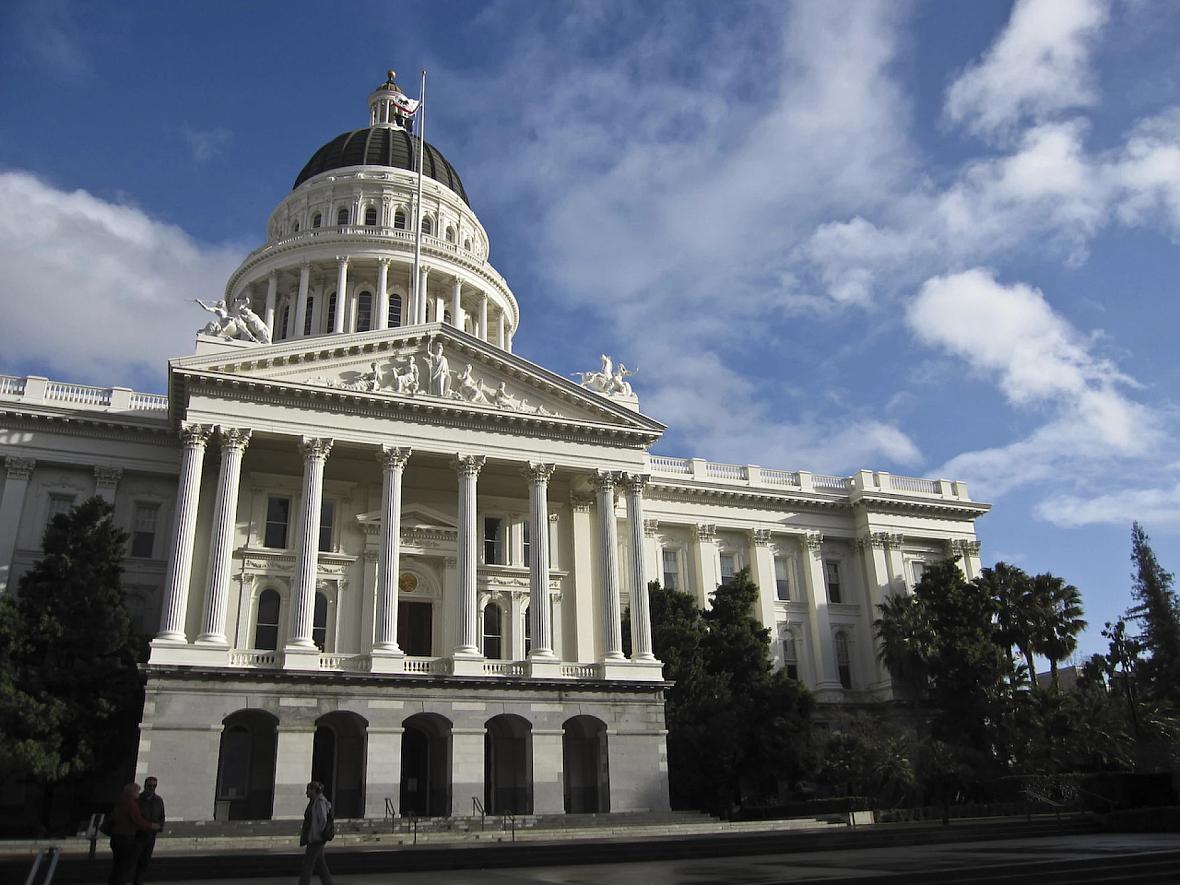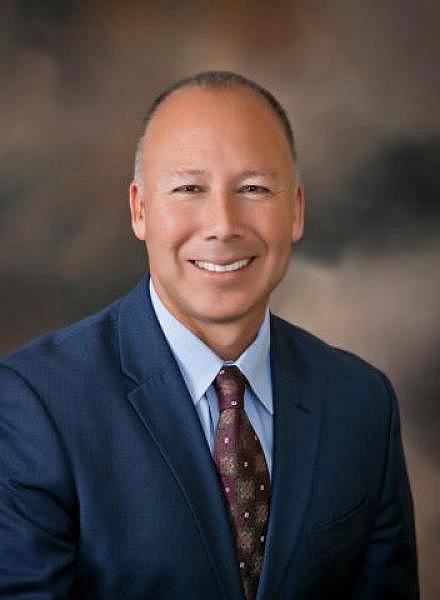A political fight and the legal ‘loophole’ that’s polluted the San Joaquin Valley for 20 years
This is part of the series When the Smoke Clears, produced with the support of the USC Annenberg Center for Health Journalism Impact Fund.
Other stories in this project include:
After ‘decades of broken promises’ will Valley air regulators finally end ag burning?
Smoke from ag burning contributes to long-term health effects for Valley Latino residents
As air regulators phase out ag burning, what’s the alternative?
‘What am I going to do?’ Small growers especially apprehensive of a future without burning
With little confidence in California air quality regulators, advocates turn to Biden-Harris

A political fight in the Sacramento legislature resulted in a loophole that allowed ag burning to continue.
Photo Used Under Creative Commons From Jessica Patterson / Modern Relics / Http://Www.Flickr.Com/Photos/Modernrelics/4461010654/
This is part of the series When the Smoke Clears, produced with the support of the USC Annenberg Center for Health Journalism Impact Fund.
State legislators in 2003 passed a law prohibiting the San Joaquin Valley Air Pollution Control District from issuing permits to burn most categories of agricultural waste, with direction to phase out the practice by 2010.
"No other industry in California is allowed to burn its trash in the fields," the bill’s author, state Sen. Dean Florez, said at the time. "We believe this practice can and should end."
The law was part of a package of bills signed by Gov. Gray Davis to broadly regulate air emissions from the agricultural industry. Before that, California farmers were exempted from clean air rules.
“This package of legislation has passed because the people of the San Joaquin Valley are sick of air that’s easier to see than it is to breathe,” Davis said in a statement at the time. “Cleaner air in the valley will better protect the health of the more than 3 million people living there, especially the children who have some of the nation’s highest asthma rates.”
It was a tough political fight, according to Florez. He was a state senator representing the central San Joaquin Valley at the time. Though he no longer holds elected office he currently sits on the board of the state air regulatory agency, the California Air Resources Board (CARB). A long-time supporter of the agricultural industry, he surprised clean air advocates when he introduced the laws in 2003, leading the charge to bring farmers under clean air regulations.

“For whatever reason, the State Assembly held that bill and did not want to let it out of committee. We had to take in three words that still haunted me all the way till I got to the California Air Resources Board,” Florez said in a recent interview with KVPR.
The final version of the law said ag burning was banned unless there was no “economically feasible alternative.” Florez said, “that became a loophole for almost 20 years.”
As a result, the 2010 deadline came and went. Ag burning in the Valley continued to contribute to some of the worst air quality in the nation.
Florez specifically blamed a San Francisco state senator for weakening the intent of his bill.
“I know exactly who was responsible for that. It was Leland Yee — who spent a prison term out of the state senate for bribery — and the agricultural community that found a willing Democrat in the State Assembly to stand up for them and had the ability to hold it up,” Florez said.
Years after the 2003 vote, Yee was convicted and sentenced for “pay to play” politics for financial crimes committed between 2011 and 2014. None of his charges were related to the ag burning law.
News stories from the time depict Yee as the main opponent to the bills after he heard complaints from farm groups. Those groups originally opposed the package ending agriculture’s exemption from clean air rules, but supported the compromised versions toward the end. During that legislative session, Yee, too, reversed his position and ultimately voted for the compromised version of the bill.
Over the next nine months, he collected almost $29,500 from agricultural interests, according to a San Francisco Chronicle investigation linking Yee’s votes to donations. KVPR did not independently verify those donations.
The signed version of the law specifically says that the Valley air district “may postpone” the prohibition on agricultural burning under certain criteria, including “if there is no economically feasible alternative.” And postpone they did.
Each time the issue came before air regulators — in 2005, 2007, 2010, 2012, 2015, and again in 2021 — the air district asked CARB to postpone the burn prohibition, and each time, the state board staff agreed.
“That just blew me away,” Florez said. He knew back in 2003 that the “unless economically infeasible” caveat would be used, but he said he didn’t realize the extent. “Our own air board, giving a pass to polluters, it was not the right thing to do.”
In the early 2000s, the most cost-effective alternative to agricultural burning was to sell tons of trimmings and other ag waste to biomass incineration facilities in Mendota and Delano, for example, to produce electricity. Former Kings County Farm Bureau president Dino Giacomazzi said in a 2015 Hanford Sentinel report that “biomass plants are about the only way we have to dispose of orchard material.”
One by one, those local facilities closed over the last decade as utilities chose cheaper energy options. Then, multi-year extreme drought contributed to an increased need to remove water-thirsty orchards, resulting in more organic material to handle and fewer facilities to process it.
In 2003, Valley regulators authorized farmers to burn about 1 million tons of agricultural debris a year. After the law passed, regulators did tighten restrictions on burning and permit authorizations declined in the following years. By 2017, however, the total amount authorized to be burned steadily ticked back up to 910,000 tons.
In the last ten years, the air district issued around 250,000 permits to farmers to burn over 6 million tons of organic matter, according to data provided to KVPR in response to a Public Records Act request.
Since a peak in 2017, agricultural burning again decreased after the air district tightened restrictions and launched an incentive program that pays farmers to use alternatives to burning.
Then, after months of discussion, CARB at a 2021 meeting set a three-year deadline for the air district to enact a near-phase-out of ag burning. The policy direction doesn’t close the legal loophole, rather it’s an administrative direction from the state agency.
“Rightfully, the board finally took this on and gave at least a phase-out date and some finality to it,” Florez said. “Obviously, I would like to have had the board phase it out immediately that day. But you know, like anything else we worked and had a compromise.”
Florez said he is committed to seeing through an actual prohibition on ag burning in the Valley. But, clean air advocates aren’t convinced it will actually happen.
Monica Vaughan can be reached at monicalvaughan@gmail.com or on Twitter @MonicaLVaughan. Kerry Klein can be reached at kerry@kvpr.org or on Twitter @EineKleineKerry.
[This article was originally published by KVPR.]
Did you like this story? Your support means a lot! Your tax-deductible donation will advance our mission of supporting journalism as a catalyst for change.


